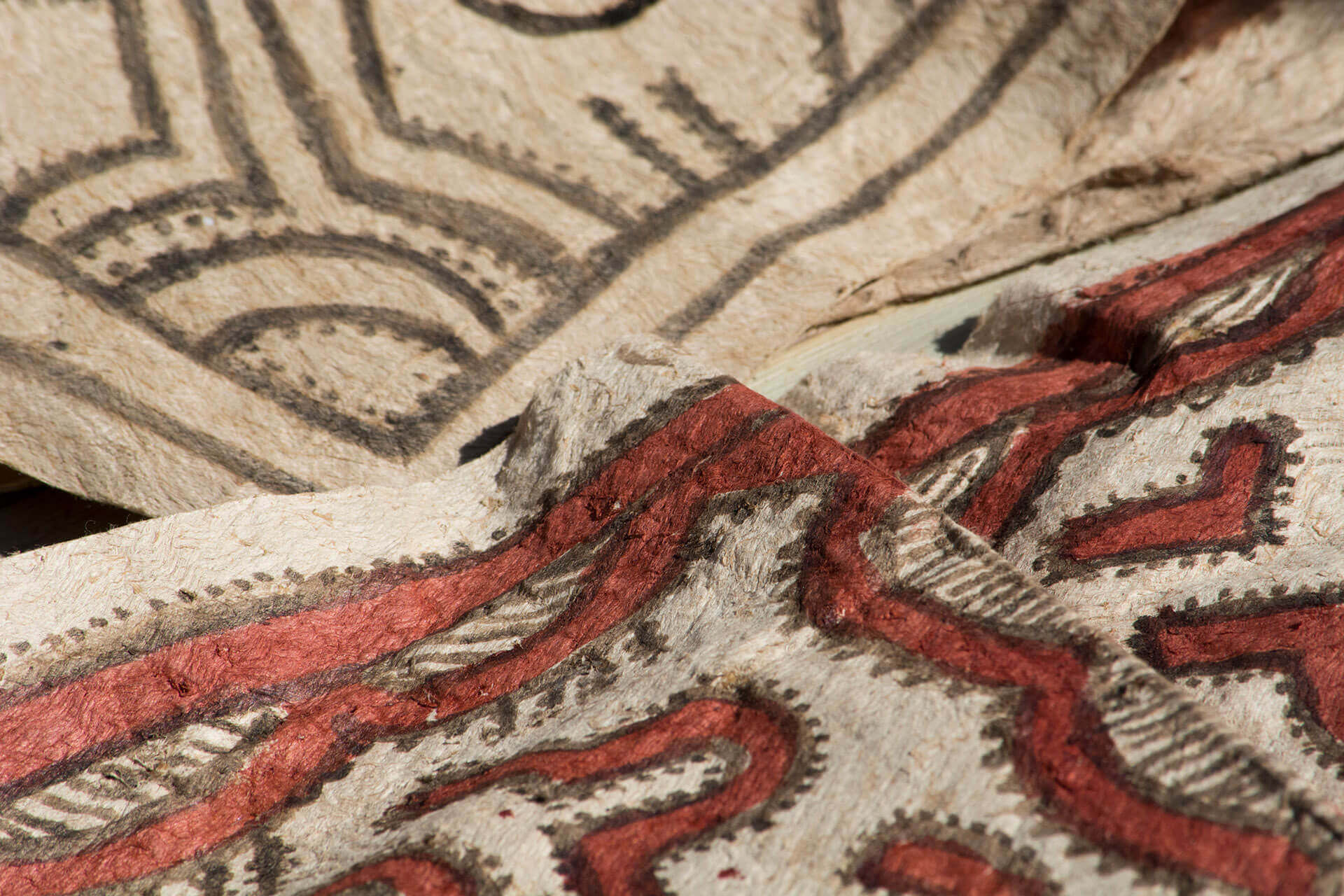
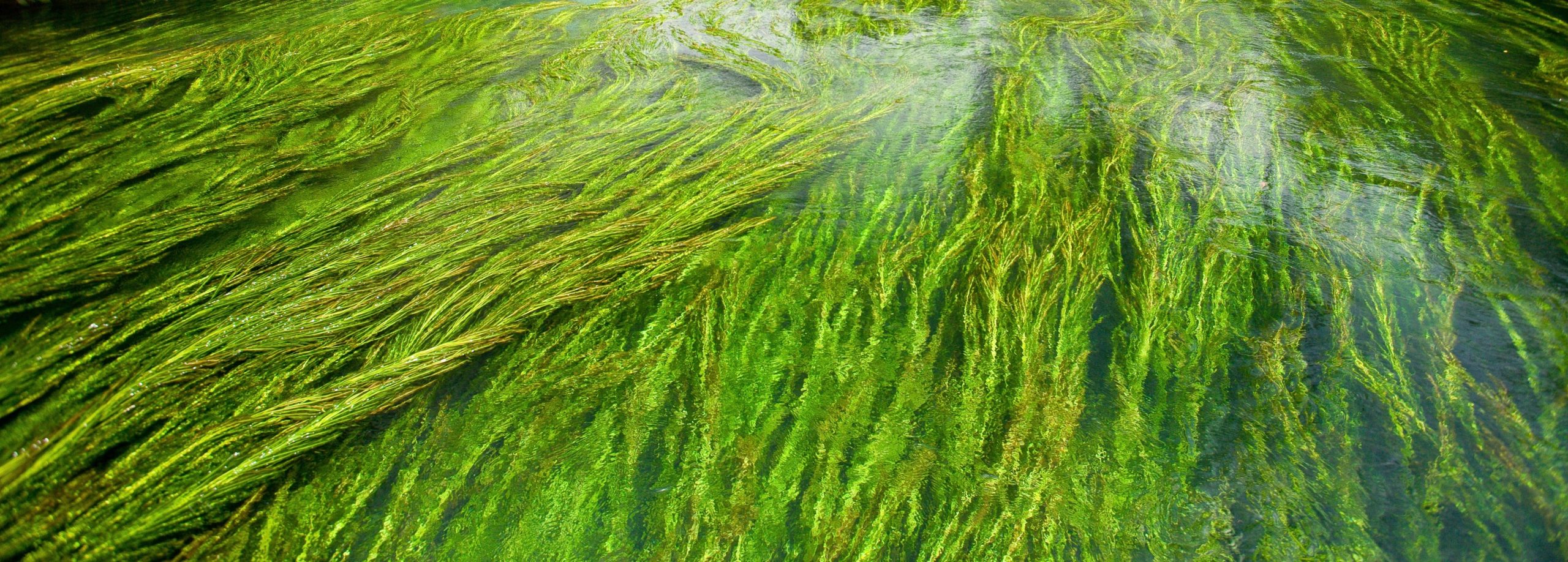

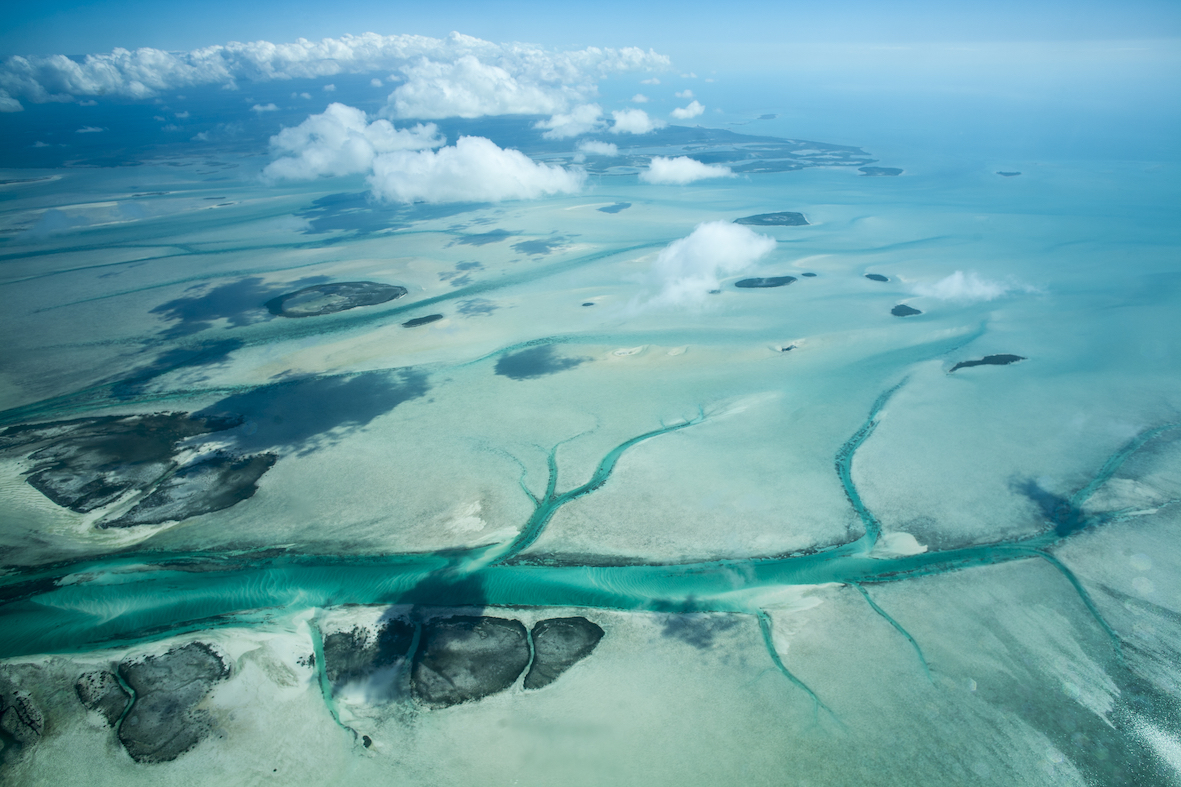
Undoing the ‘Madwoman’: A Minor History of Uselessness, Dementia and Indenture in Colonial Fiji
Submit gender research
Toksave Pacific Gender Resource welcomes submissions of all research on gender in the Pacific, and especially by researchers with Pacific heritage or deep connections to the Pacific.
All submissions will be subject to a quality assurance process to promote the inclusion of resources that are clearly written and based on ethical research practices that involve sound research methodologies.
Our vision
Toksave Pacific Gender Resource aims to address gender inequality in the Pacific by ensuring quality Pacific research and knowledge is discoverable and accessible.
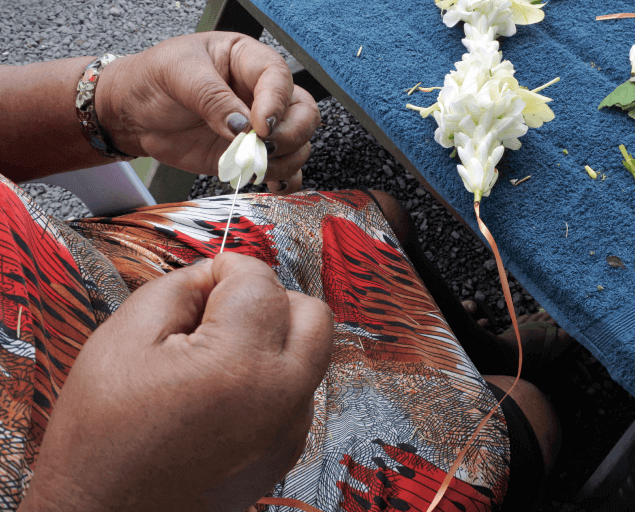
Gender Research
The Toksave Pacific Gender Resource hosts a wide range of research that aims to advance gender equality in the Pacific. We take a broad approach to ‘research’ that includes original research based on the analysis of primary or secondary data; policy and evaluation oriented research; research based on creative and performing arts; and completed high level degree theses. We are particularly interested in research that is based on Pacific research methodologies and methods, involves Pacific-centred subject matter and impacts on Pacific communities.
Toksave welcomes a variety of research submissions.
Join the community
Pacific researchers are invited to join the Toksave Pacific Gender Resource community of practice and contribute to advancing gender equality through research. Toksave intends this to be a safe space for members to connect with others, share their findings, research methodologies, and conclusions, consider the policy implications of this ever-expanding body of research, and engage critically and constructively.
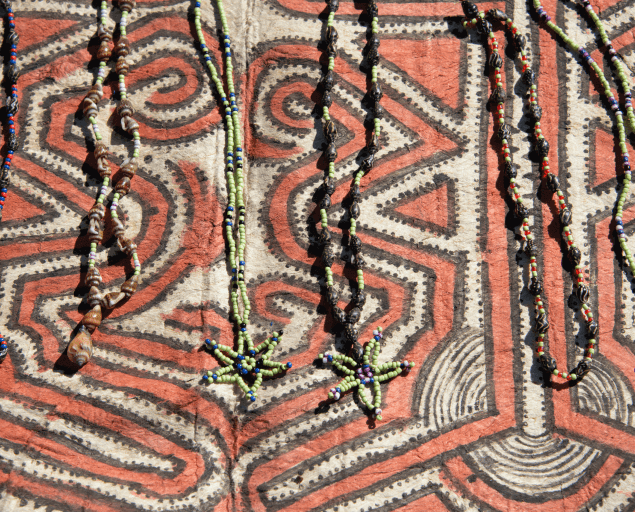
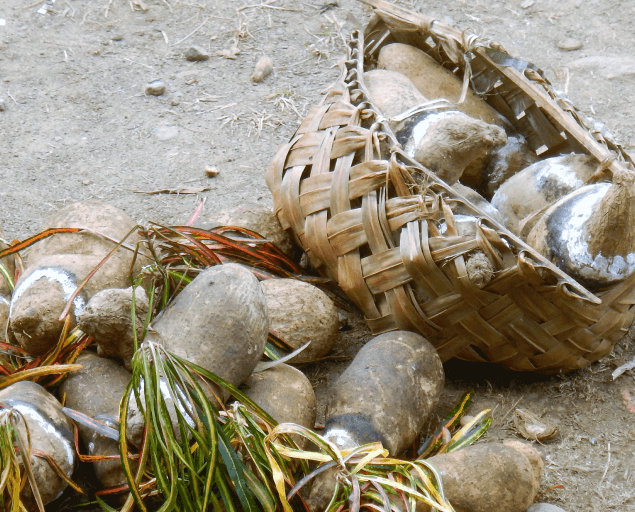
We are...
Toksave Pacific Gender Resource was initiated by Pacific gender specialists who gathered at the University of the South Pacific in 2014 to express their concern that gender research, especially that undertaken by Pacific researchers, was not discoverable. Toksave aims to provide access to Pacific gender research, stimulate new research and discussion, and encourage mutual learning and research among diverse Pacific researchers. Its wider aim is to generate new knowledge that addresses the intersecting gendered inequalities in the Pacific.
Toksave Pacific Gender Resource has been developed with seed funding from the Australian Government through the Pacific Women Shaping Pacific Development program and with ongoing funding support from The Australian National University through the Department of Pacific Affairs until its transition to The Pacific Community in 2023. Other institutions which have contributed in kind from the establishment of the website include the University of the South Pacific, University of Auckland, University of Papua New Guinea and the National University of Samoa. The Pacific Community currently provides ongoing support for Toksave.
